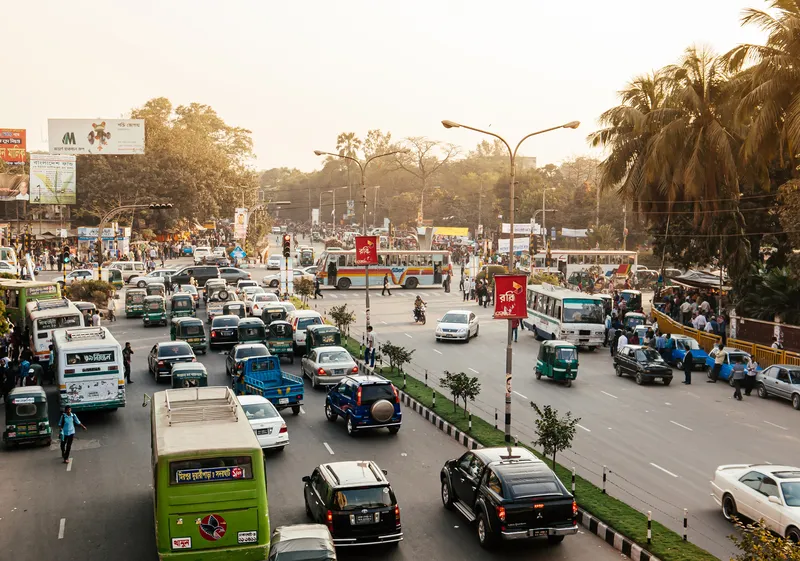The European Bank for Reconstruction and Development (EBRD) is providing a US$92 million loan for Turkey’s first trans-shipment container terminal AsyaPort, as the country continues to improve its infrastructure to create the conditions for sustaining its strong economic growth.
The Bank’s financing will be used to design, build, operate and maintain a new container terminal in the town of Barbaros, Tekirdag province, some 130 kilometres west of Istanbul. The International Finance Corporation (IFC) and T
December 18, 2013
Read time: 2 mins
The 2001 European Bank for Reconstruction and Development (EBRD) is providing a US$92 million loan for Turkey’s First trans-shipment container terminal AsyaPort, as the country continues to improve its infrastructure to create the conditions for sustaining its strong economic growth.
The Bank’s financing will be used to design, build, operate and maintain a new container terminal in the town of Barbaros, Tekirdag province, some 130 kilometres west of Istanbul. The International Finance Corporation (IFC) and Turkiye Is Bankasi will contribute loans of US$69 million and US$106.6 million, respectively.
Located on the SEA of Marmara side of the Bosporus, AsyaPort is set to become a major trans-shipment hub for cargo bound for Black SEA ports. It will also provide additional, much-needed capacity for domestic shipping traffic. Equipped to handle 1.9 million TEUs (twenty-foot equivalent unit, the standard industry measure for containers), AsyaPort will be able to handle mega-vessels with capacities up to 18,000 TEUs. The port will receive cargo which will then be transported by smaller vessels to the major Black SEA ports. This will not only reduce transportation costs and increase efficiency, but it will also improve the safety of operations on the congested Bosporus.
Sue Barrett, Director for Transport at the EBRD, said: “With Turkey’s international trade mostly seaborne, investing in maritime infrastructure is crucial in boosting growth. We are pleased to finance what will become the country’s First trans-shipment hub and one of its largest container terminals. AsyaPort will promote more efficient logistics and trans-shipment operations in Turkey and the entire region.”
The Bank’s financing will be used to design, build, operate and maintain a new container terminal in the town of Barbaros, Tekirdag province, some 130 kilometres west of Istanbul. The International Finance Corporation (IFC) and Turkiye Is Bankasi will contribute loans of US$69 million and US$106.6 million, respectively.
Located on the SEA of Marmara side of the Bosporus, AsyaPort is set to become a major trans-shipment hub for cargo bound for Black SEA ports. It will also provide additional, much-needed capacity for domestic shipping traffic. Equipped to handle 1.9 million TEUs (twenty-foot equivalent unit, the standard industry measure for containers), AsyaPort will be able to handle mega-vessels with capacities up to 18,000 TEUs. The port will receive cargo which will then be transported by smaller vessels to the major Black SEA ports. This will not only reduce transportation costs and increase efficiency, but it will also improve the safety of operations on the congested Bosporus.
Sue Barrett, Director for Transport at the EBRD, said: “With Turkey’s international trade mostly seaborne, investing in maritime infrastructure is crucial in boosting growth. We are pleased to finance what will become the country’s First trans-shipment hub and one of its largest container terminals. AsyaPort will promote more efficient logistics and trans-shipment operations in Turkey and the entire region.”







